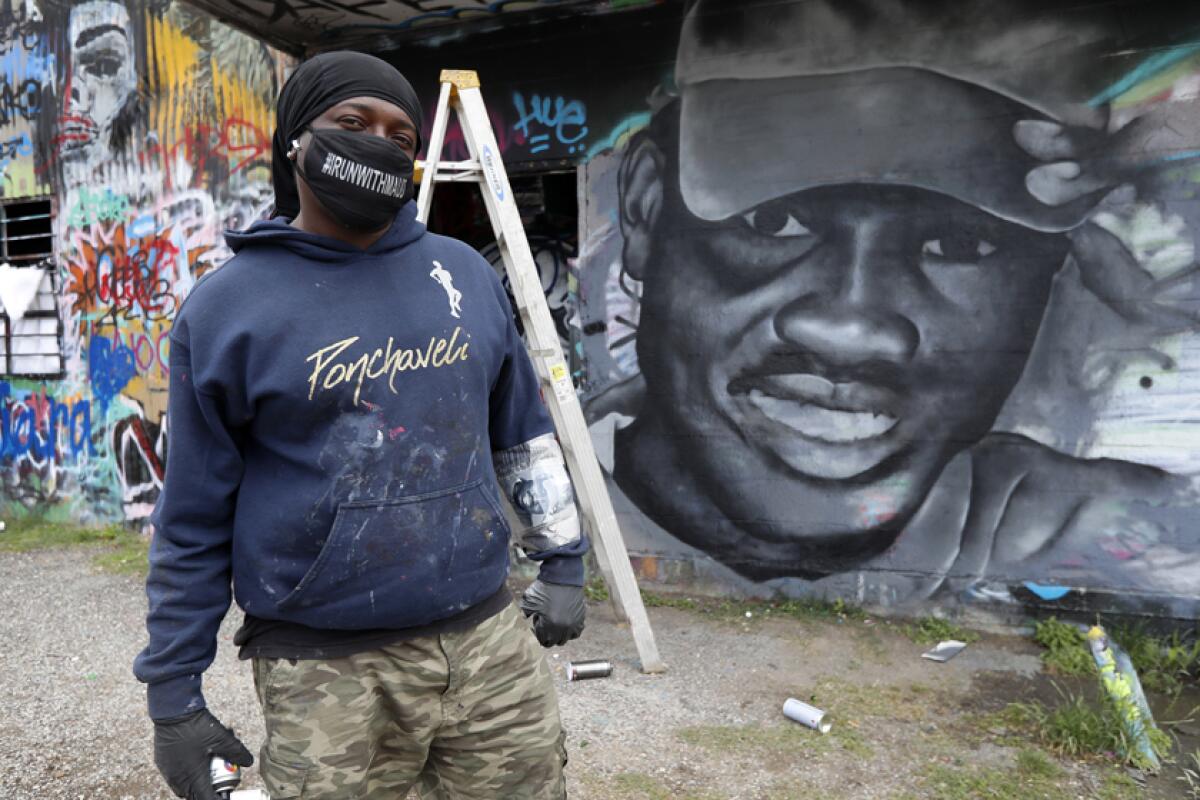Remember Arbery killing before embracing self-help policing

Ahmaud Arbery was out for his daily jog near Brunswick, Ga., on Feb. 23, 2020, when two men chased him down in a truck as a third followed close behind with a video camera. They caught up with him, and their encounter ended with Arbery dead of two bullets to his chest. His family called it a lynching.
Prosecutors brought murder charges against Gregory McMichael, a retired police officer, his son, Travis McMichael, and the cameraman, William “Roddie” Bryan.
It was still early in the year; COVID-19 had not yet been declared a pandemic, and the nation had not yet experienced lockdowns, shutdowns or massive deaths. Breonna Taylor and George Floyd were still living. There had not yet been convulsive protests, devolving into riots and killing. Few outside of Wisconsin had heard of Kenosha, except perhaps as a place where cars were once made. No one chanted “defund the police.”
It is tempting to separate the Arbery killing from Taylor’s, Floyd’s and so many others because the Brunswick assailants weren’t cops. But that misses the point. Like the lynching of Emmett Till in 1955 and the fatal shooting of Trayvon Martin in 2012, Arbery’s killing was the result of some white Americans outraged or frightened to find young Black men and boys out of their expected place — in other words, living their lives in public as free people in a free country.
Attention shifted in May after Floyd’s death, which sparked the movement to roll back police presence and alter police practices. Activists who had long argued that communities could more successfully police themselves with mutual aid and without armed government officers began to be heard by wider audiences.
Arbery’s killing should remind us that it’s not so simple. Pull out the cops and you still have ex-cops, wanna-be cops and all manner of armed vigilantes who take the concept of neighborhood watch several steps past its logical conclusion. You still have race and racism, white supremacy and Black Americans yearning to live their lives without fear of being cut down by either the neighbors or the police.
Police exist, or are supposed to exist, precisely to prevent lynch-mob rule. They are meant to serve as a well-trained, controlled and accountable force to uphold the law and to protect people from one another, just as they do in other nations. That remains the proper goal notwithstanding the argument, made frequently in 2020, that American police are the historical extensions of, rather than antidotes to, slave-catching patrols. Arbery and his assailants have as important a place in the year’s narrative as do Floyd, Taylor and the many others who might otherwise be alive today but for police, who sometimes blur the line between problem and solution.
More to Read
A cure for the common opinion
Get thought-provoking perspectives with our weekly newsletter.
You may occasionally receive promotional content from the Los Angeles Times.










